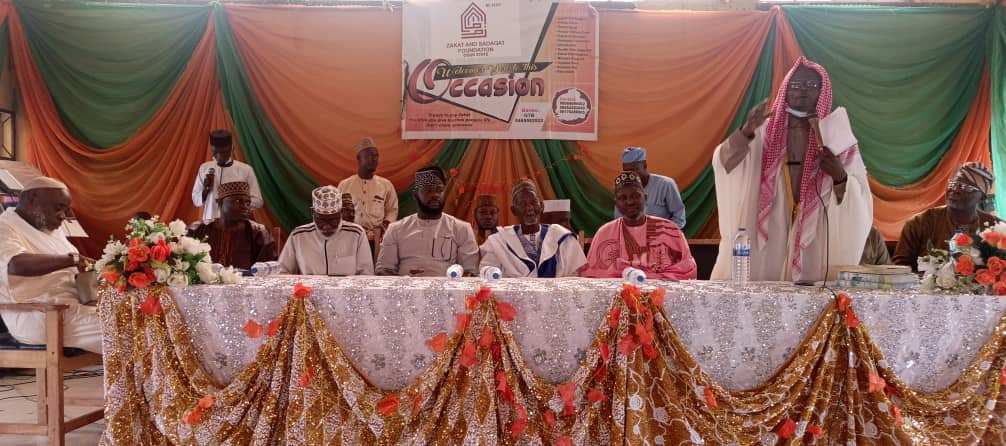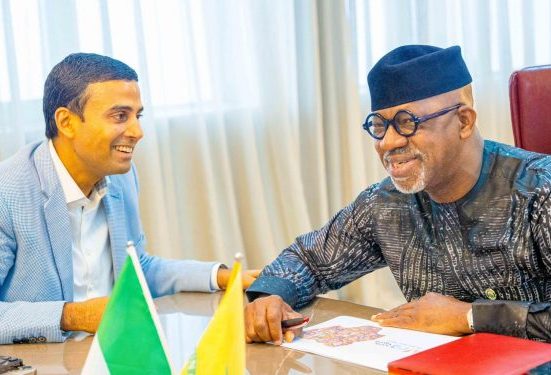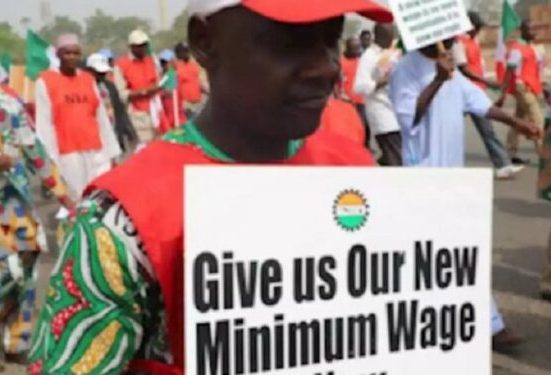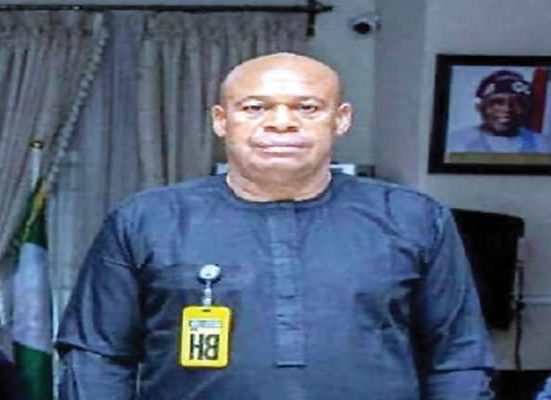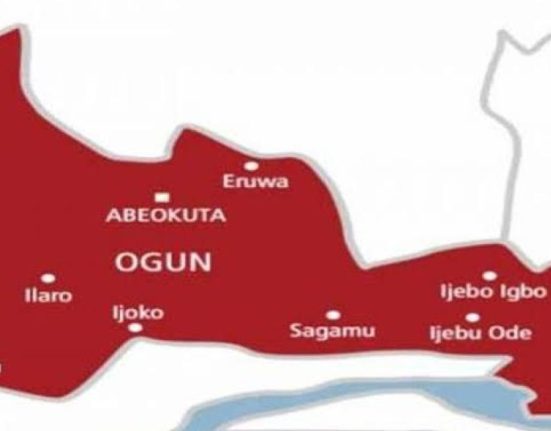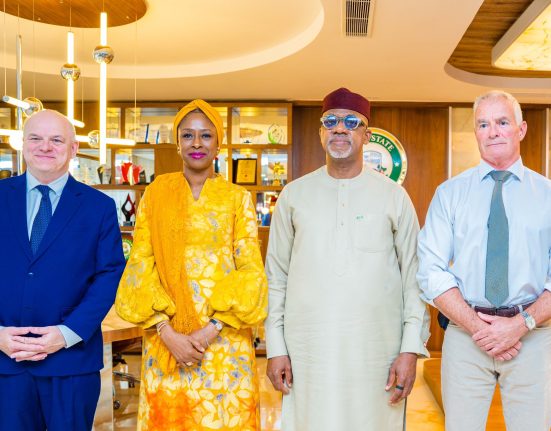Ogun State, June 23, 2025 – The Zakat Foundation has concluded an impactful empowerment initiative in Ogun State, disbursing cash and essential tools to 53 beneficiaries, while raising a total of ₦76 million during its 2025 exercise.
Beneficiaries, including artisans, small-scale traders, widows, and physically challenged individuals, received tools ranging from sewing machines and generators to food‑processing equipment and small-scale industrial machines. The items, presented during a ceremony at the Egba Muslim Central Mosque in Abeokuta, are aimed at boosting livelihoods, promoting self‑reliance, and facilitating educational pursuits.
The selection committee, led by the Foundation’s state Zakat Coordinator, screened applications from over 80 prospective beneficiaries. Final recipients were chosen based on need and potential impact. Each beneficiary was briefed on using their empowerment package sustainably and urged to “pay it forward” once their businesses grow.
During the presentation, the Foundation’s coordinator disclosed that the programme raised ₦76 million from zakat contributors in Ogun and partnering Islamic communities. He emphasised that the funds reflect both generosity and the religious duty to uplift the vulnerable. “These donations are sincere efforts from individuals and institutions committed to poverty alleviation and community development,” he said.
A widow who received a sewing machine shared her optimism: “This support gives me a fresh start. I pray that Allah blesses those who made this possible.” An artisan receiving a grinding machine described the assistance as “a lifeline” for his small food‑processing business.
The Ogun State Ministry of Agriculture and Women Affairs attended the event, pledging to support the beneficiaries with training, regulatory guidance, and market linkages to ensure the success of their businesses.
Earlier in April, the Dawah Front of Nigeria and Amir Islamic Foundation distributed ₦11.5 million worth of equipment to 52 recipients in Ogun.
The latest contribution by the Zakat Foundation marks a broader trend in faith‑based empowerment in the state.
The beneficiaries are expected to receive mentorship and inclusion in upcoming trade fairs and workshops. Observers believe the programme will significantly enhance local economic activity and foster long‑term financial inclusion among vulnerable groups.

